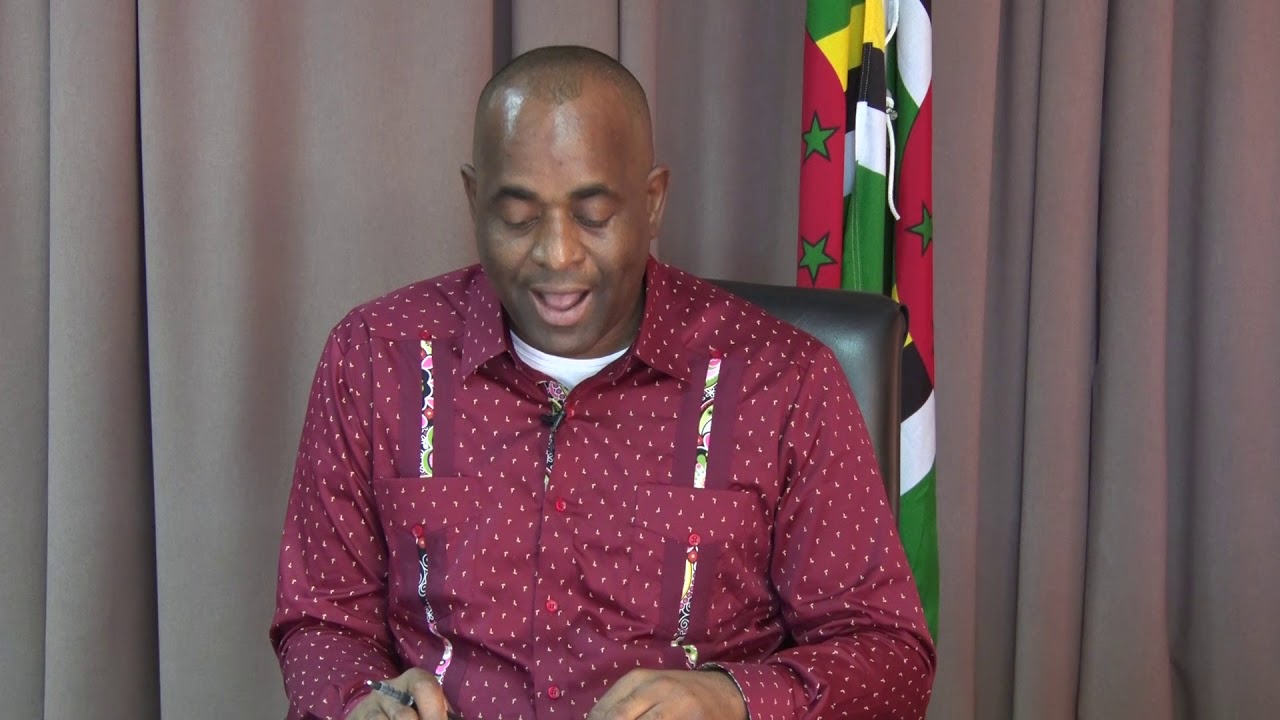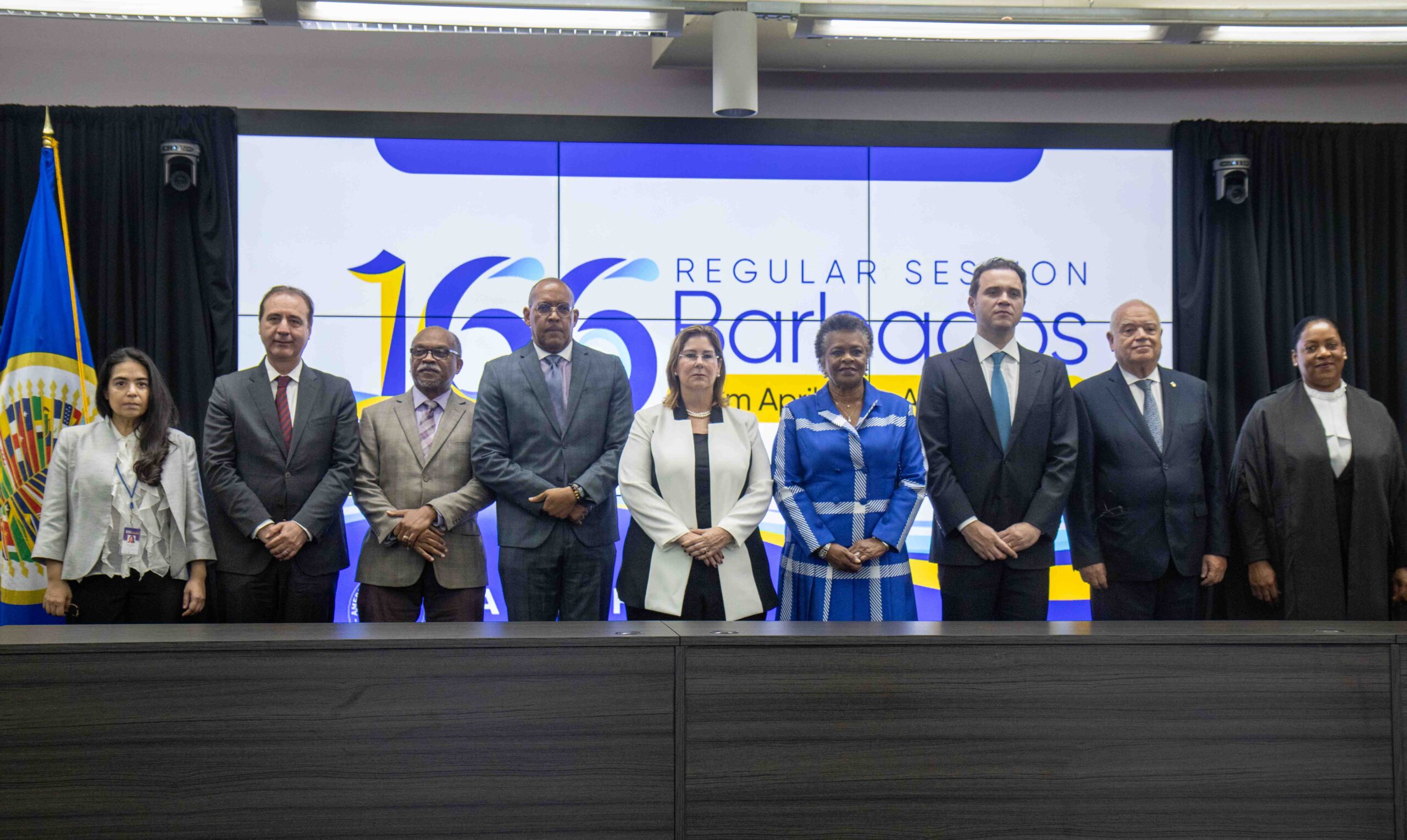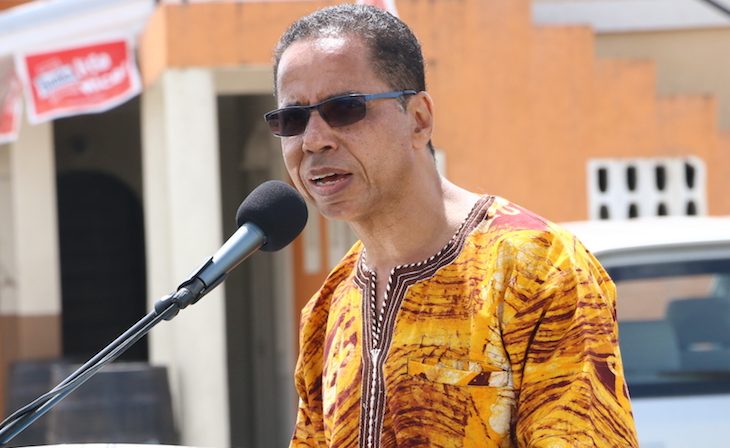Prime Minister Roosevelt Skerrit has been speaking about electoral reform amid rising tensions in Dominica ahead of the Dec. 6 elections.
Over the weekend, Gaston Browne, the Chairman of the Organization of the Eastern Caribbean States and Antigua and Barbuda’s prime minister, questioned the practicality of implementing electoral reform in Dominica, just two weeks before the general elections.
Although Browne claims that the issue of electoral reform in Dominica is for the internal political parties to resolve, he nonetheless voiced his opinion on the matter.
“There’s no constitutional crisis in Dominica. Yes, there’s an issue in which the Opposition is calling for electoral reform but how practical it is to have electoral reform before the 6th of December?” he said.
Browne said it still is not practical to extend elections beyond Dec. 6 because, according to him, if the election goes beyond the five-year constitutional requirement, then a crisis could ensue.
“As far as I am concerned that is not a practicable request. Again, I am not interfering in the affairs but I have to be very pragmatic about these things. Elections are due and let the better party win. Whichever individual emerges I will embrace,” he said.
In fact, the House of Assembly Elections Act, which governs the holding of elections in Dominica, provides for a General election to be called up to 90 days after the parliament has been dissolved and since parliament was dissolved on Nov. 6, the deadline is sometime in February.
Browne’s recent statement follows a call for calm in the Commonwealth country after clashes broke out between police and civilians.
Civilians had been camped out on the main road near the official residence of the President Charles Savarin last week, demanding electoral reform and at the very least, cleaning of the voter’s list.
A number of people both in Antigua and Barbuda and in Dominica took umbrage to Browne’s stance on the matter, with some asking him to run his own country’s affairs.
On the weekend, however, he explained that any economic instability in Dominica is a concern for Antigua.
Browne says as it stands, about 15 per cent of the people living in Antigua and Barbuda are Dominicans.
He insists that his statements should not be seen as a form of intervention in Dominica’s affairs.
“The statement does not in any way support the existing government or the opposition. What we are saying to the Dominican people, notwithstanding your difficulties, no matter the justification, burning the country to the ground is not the answer,” he said.
He said when Dominica is displaced, most people come to Antigua and Barbuda.
“That has been the precedent, whenever there is any crisis in Dominica they come to Antigua,” he said.




